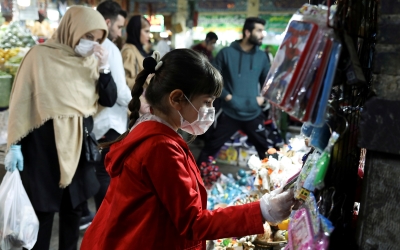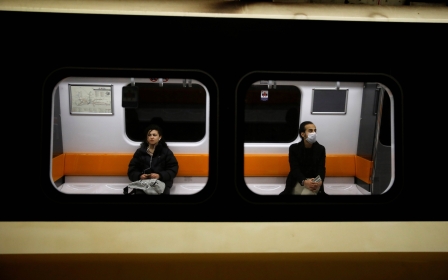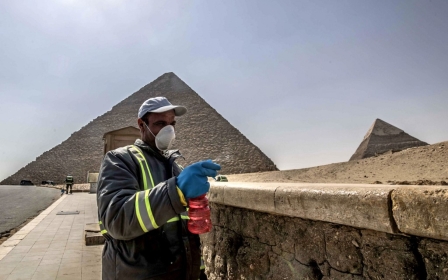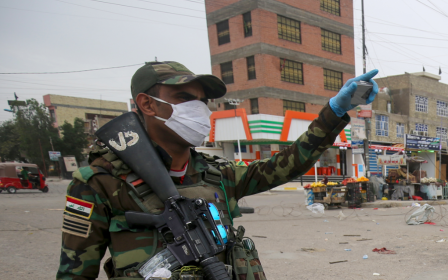'Pandemics know no borders': US lawmakers urge suspending Iran sanctions
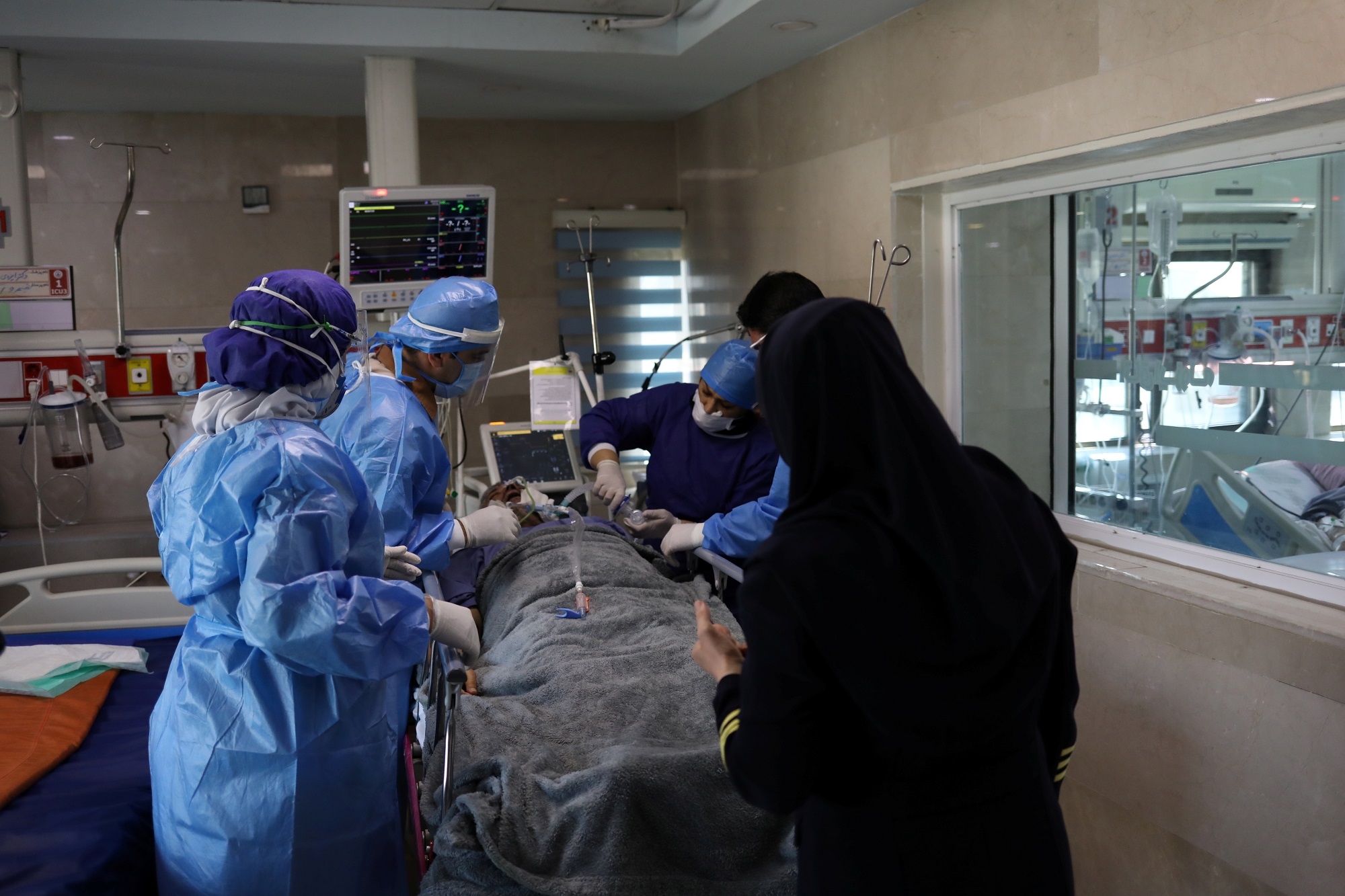
A group of more than 30 US legislators have sent a letter to top officials in the administration of President Donald Trump, urging them to "substantially suspend" sanctions against Iran to allow the Islamic Republic to counter the spread of the coronavirus.
The letter, sent on Tuesday to Secretary of State Mike Pompeo and Treasury Secretary Steven Mnuchin, stressed that the outbreak of the virus in Iran threatened the economic and security interests of the United States and its allies in the region.
"By targeting an entire economy that supports more than 80 million people, US sanctions make it harder for ordinary Iranians to obtain basic necessities like food and hygienic supplies essential to stemming the pandemic and that are basic to survival," the document read.
It was signed by key progressive lawmakers, including senators Bernie Sanders, Elizabeth Warren and Edward Markey; and House members Alexandria Ocasio-Cortez, Ro Khanna, Rashida Tlaib, Joaquin Castro, Jim McGovern, Ilhan Omar, Mark Pocan and Debbie Dingell.
Iran has become the epicentre for the novel virus in the Middle East. As of Tuesday, Covid-19 had killed 2,757 people in the Islamic Republic, according to official figures.
New MEE newsletter: Jerusalem Dispatch
Sign up to get the latest insights and analysis on Israel-Palestine, alongside Turkey Unpacked and other MEE newsletters
New sanctions
Tuesday's letter, which was first published by the National Iranian American Council (NIAC), was the latest push by legislators and rights advocates to lobby for sanctions relief for Iran during the pandemic.
A petition by US academics calling for an immediate lifting of sanctions has garnered more than 1,100 signatures.
UN special rapporteur on the right to food Hilal Elver said international sanction on places like Iran, Syria and Venezuela are hindering access to nutrition and undermining the battle against the coronavirus.
"If the international community is serious about the fight against COVID-19 and the eradication of food and nutrition insecurity, states need to refrain at all times from direct and indirect interference with access to food," Elver said in a statement on Tuesday.
Still, Trump and his top aides have shown no signs of backing down from their maximum pressure campaign against Iran. In fact, the US administration have issued three rounds of new sanctions targeting companies doing business with Iran over the past two weeks.
Washington argues that sanctions are not impeding Iran's ability to combat the pandemic.
Trump's aides say Iran's access to food and medicine is not under sanctions, especially after the administration issued humanitarian exemptions to the central bank in Tehran in February, allowing the Islamic Republic to purchase certain goods through a Swiss banking channel.
"Despite the regime’s disinformation, the truth is that it already has funds available to it to spend on humanitarian trade that would benefit the Iranian people," a State Department spokesperson told MEE last week.
"Instead, it chooses to spend this money on terrorism and proxy groups. The Iranian people deserve better."
On Tuesday, Pompeo said the State Department is constantly reevaluating its policies when asked about US sanctions on Iran and other countries.
"The answer is would we ever rethink it – of course, we're constantly trying to make sure we have our policies right," he told reporters.
"When it comes to humanitarian assistance, medical devices, equipment, pharmaceuticals, things that people need in these difficult times, those are not sanctioned anywhere at any time that I’m aware of."
But critics say the stern US measures are crippling the Iranian economy and weakening the country's response to the virus.
'Callous and short-sighted'
In May 2018, Trump withdrew Washington from the multilateral nuclear deal with Iran that saw Tehran scale back its nuclear programme in exchange for lifting sanctions against its economy.
Since then, the US administration has been piling sanctions on various Iranian individuals, companies and economic sectors, limiting the country's ability to sell oil and petrochemicals.
'Allowing this crisis to become more dire in Iran threatens significant harm not only to the people of Iran but also to people in the United States and around the world'
- Congressional letter
The congressional letter on Tuesday underscored the global nature of the threat of Covid-19 and described the new US sanctions against Iran as "callous and short-sighted".
"Sanctions relief that should be considered are those that encompass major sectors of the Iranian economy, including those impacting civilian industries, Iran’s banking sector and exports of oil, and should last for at least as long as health experts believe the crisis will continue," the document said.
"Failure to do so risks inhibiting the delivery of key humanitarian goods and putting the Iranian people into further health and economic peril."
The letter acknowledged the "numerous errors" that the Iranian government had made in handling the crisis, including the failure to impose "sufficient quarantine measures".
"Pandemics know no borders. Allowing this crisis to become more dire in Iran threatens significant harm not only to the people of Iran but also to people in the United States and around the world," it continued.
"Our many disputes with the government of Iran or others should not stand in the way of actions that can materially help innocent people weather a pandemic."
Middle East Eye delivers independent and unrivalled coverage and analysis of the Middle East, North Africa and beyond. To learn more about republishing this content and the associated fees, please fill out this form. More about MEE can be found here.


